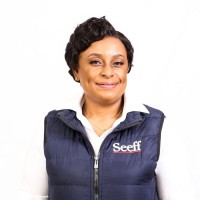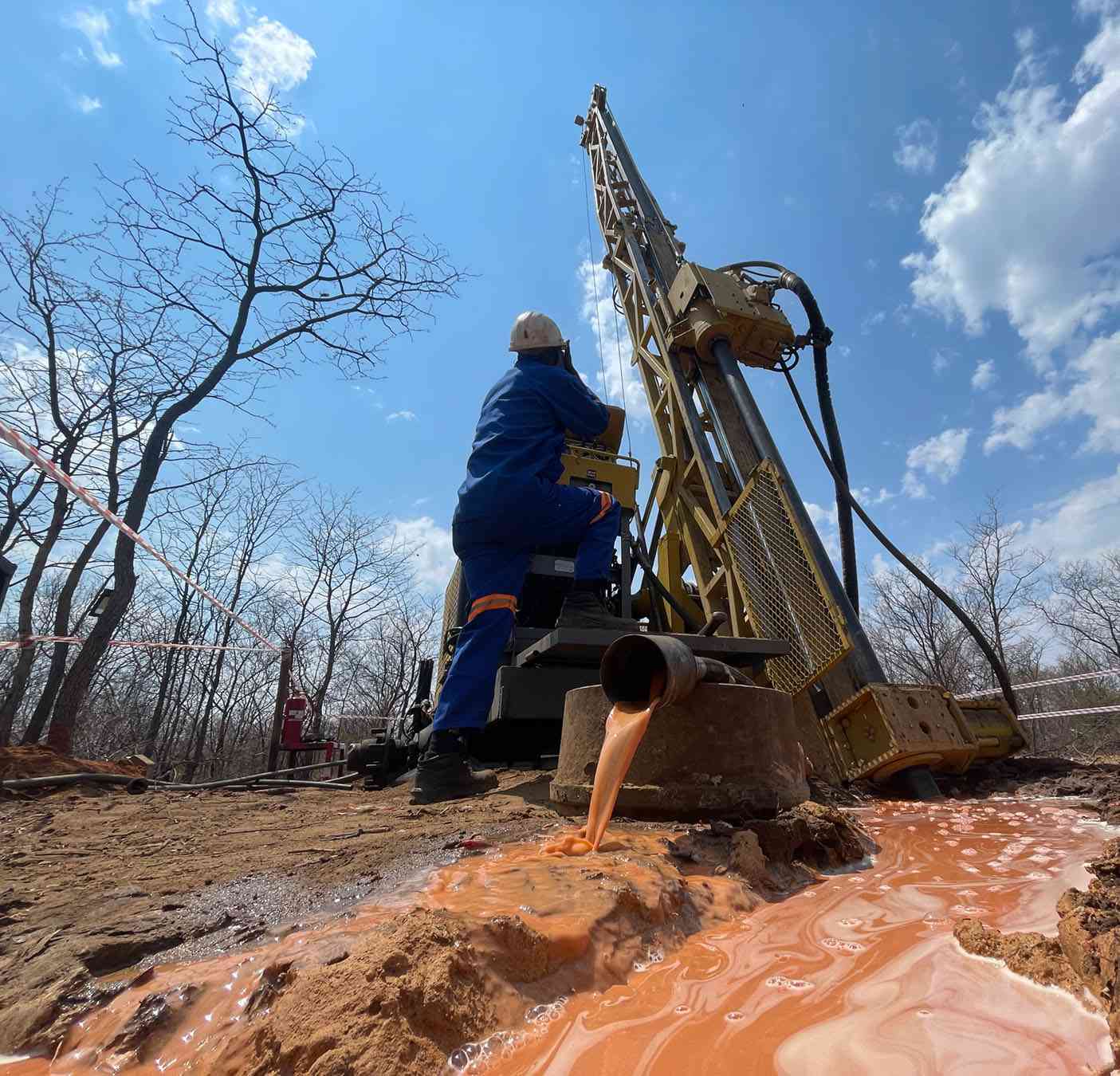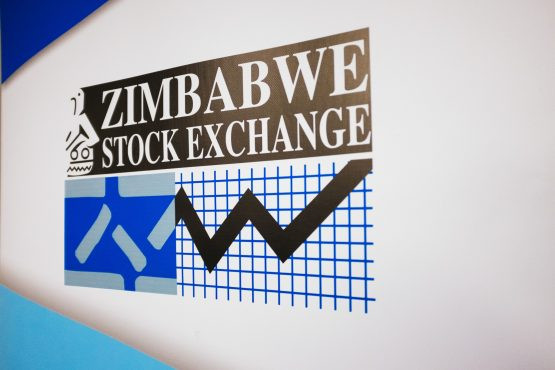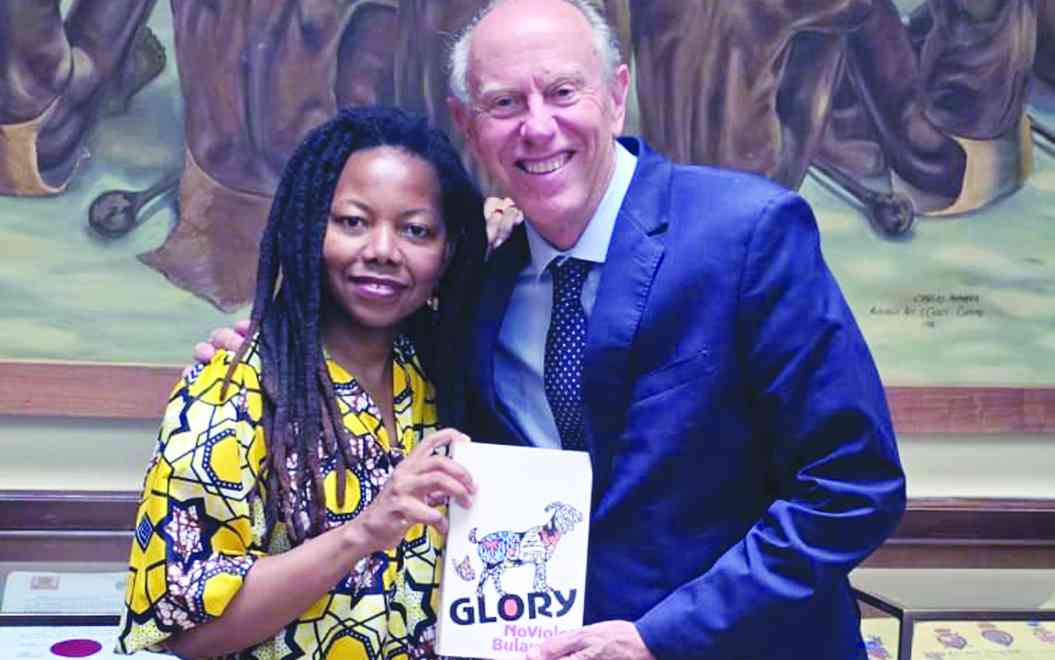
Behind every successful real estate brand lies a story of grit and vision. For Patience Patongamwoyo (PP) managing director of Seeff Properties Zimbabwe, the journey has been one of steady growth, bold decisions, and breaking barriers in a male-dominated industry. From her start in 2001 as a bookkeeper to leading one of the country’s most recognisable property firms, her path reflects determination and passion. Our business reporter, Blessed Ndlovu (BN), spoke to Patongamwoyo about her rise in real estate, the milestones that defined her career, and the lessons she has gathered along the way. Below are excerpts of the interview:
BN: Tell us your journey from when you started until you came to the top?
PP: My journey in real estate began in 2001, when I joined Gainsborough Estate Agency as a bookkeeper. The company later rebranded to Seeff in 2004. During my time in accounting, I earned my certification as a Certified Accounting Technician, which gave me a deep understanding of the financial side of the business.
After a few years, I decided to shift my focus from accounts to the real estate side of the business. I transitioned into a role as a property manager and then became the rentals and administration manager. This was a pivotal moment for me — it was then that I realised my true passion for the real estate sector.
My hard work and dedication paid off, and in 2018, I was offered the incredible opportunity to acquire the Seeff franchise. I accepted without hesitation, and I have not looked back since. Becoming a franchise owner was the culmination of my career journey, allowing me to take on a leadership role and build my own business in the field I love.
BN: What are some of the challenges that women face in the real estate sector as they climb up the ladder and to remain at the top?
PP: Women who run real estate businesses face a unique set of challenges. While the industry has seen an increase in women professionals, significant hurdles remain. Women often encounter gender bias, which manifests as clients or colleagues underestimating our expertise, resulting in missed opportunities, lost deals, and financial losses.
Women, particularly in executive positions, are often assumed to play a supporting role rather than being the owner or CEO. Despite comprising a substantial portion of the workforce, we are underrepresented in top leadership roles. The “glass ceiling” remains a formidable barrier.
- Property dealers snub govt nostro facilities
- ‘Resilience critical to overcome traditional barriers in real estate’
- ‘Local authorities driving up property prices’
Keep Reading
While mentorship is vital, many women leaders struggle to get it as most mentors are men, and society can be critical. The demanding nature of real estate, with long hours and constant availability, is difficult to manage alongside family responsibilities. Women are often disproportionately responsible for childcare and elder care, which derails career plans.
BN: Is Zimbabwe ready to embrace more women leaders in business?
PP: Zimbabwe presents a complex and evolving landscape. While there is a growing recognition of the need for gender equality and a strong legal framework supporting it, significant cultural and systemic barriers persist.
Zimbabwe has a robust constitutional framework that promotes gender equality. The government’s National Development Strategy (NDS1) aims to mainstream gender across all sectors. Organisations such as UNDP and UN Women empower women entrepreneurs, while initiatives like “Women on Boards Zimbabwe” increase representation in corporate leadership.
Despite the progress, the country is not yet fully “ready” due to ingrained cultural norms and internal struggles that women face. Traditional gender roles dictate that a woman’s place is in the home, undermining professional aspirations. A lack of family support and self-belief also hold women back.
Zimbabwe has laid the groundwork for women to take leadership roles, but readiness is hampered by patriarchal culture and internal challenges. For Zimbabwe to truly embrace more women leaders, it requires supportive policies, a shift in societal mindsets, and greater solidarity among women.
BN: What are some of the good leadership qualities that you possess and have worked as a competitive advantage in your sector?
PP: Being the eldest of six, I was born a leader and started honing my skills at a tender age. Responsibility and initiative were instilled in me early on, teaching me to be proactive. Empathy and communication came from managing different personalities in a large family.
Problem-solving, resilience, and ingenuity are qualities I carried into business. Entrepreneurship is all about seeing an opportunity where others see obstacles. I have developed the ability to create a clear vision for my business and craft a strategic plan to achieve it.
The supreme quality of leadership is integrity. In real estate, where trust is everything, my unwavering commitment to honesty and ethical conduct is my biggest competitive advantage.
BN: Most female leaders also have motherly and wifely duties at home. How do you balance the daily demands of being a leader at the office and in the home?
PP: I do not view my professional and personal life as two separate entities, but as interconnected parts of a whole. I set clear boundaries. When I’m at the office, I am fully focused. When I am at home, I disconnect to be present with my family.
I prioritise tasks based on what is most critical, both at work and at home. Delegation is key — I have built a competent team at work and encourage shared responsibility in my family. My family is a team, and everyone contributes.
BN: Do these patriarchal challenges also permeate the workplace and how have you dealt with such an emotive issue?
PP: You cannot do it all alone. Having a strong support system is non-negotiable. I am fortunate to have the support of my family, who respect my ambitions. I also seek out female leaders for networks of advice and support.
Navigating dual roles is about learning and adaptation. It is about being a leader at home through shared responsibility, and a leader at the office by trusting my team.
BN: What is the importance of education in leadership? Does every leader really have to possess an MBA or doctorate? Does the MBA taught in universities fit into the fast-changing digital world?
PP: Based on my background as a Certified Accounting Technician, a Registered Estate Agent and Valuer, and my academic journey through a Diploma in Business Leadership, an MBA, and now a PhD, I have a clear perspective on education in leadership. Education is crucial because it provides a framework for understanding business and human behaviour. It equips a leader with strategic thinking, problem-solving, and organisational management skills. It gives a competitive edge.
Does every leader need an MBA or doctorate? No, absolutely not. Leadership is a combination of character, vision, and experience, not just a degree. However, advanced education provides specialised knowledge and rigorous training. For me, my MBA deepened my understanding of global business, and my PhD is about contributing new knowledge.
Does the MBA fit into the fast-changing digital world? Yes. Modern MBAs now integrate digital transformation, data analytics, e-commerce, and cybersecurity. They emphasise adaptability, continuous learning, and practical application. In my view, a modern MBA is essential for leaders who want to be at the forefront of innovation.
l Read full interview on www.theindependent.co.zw.











